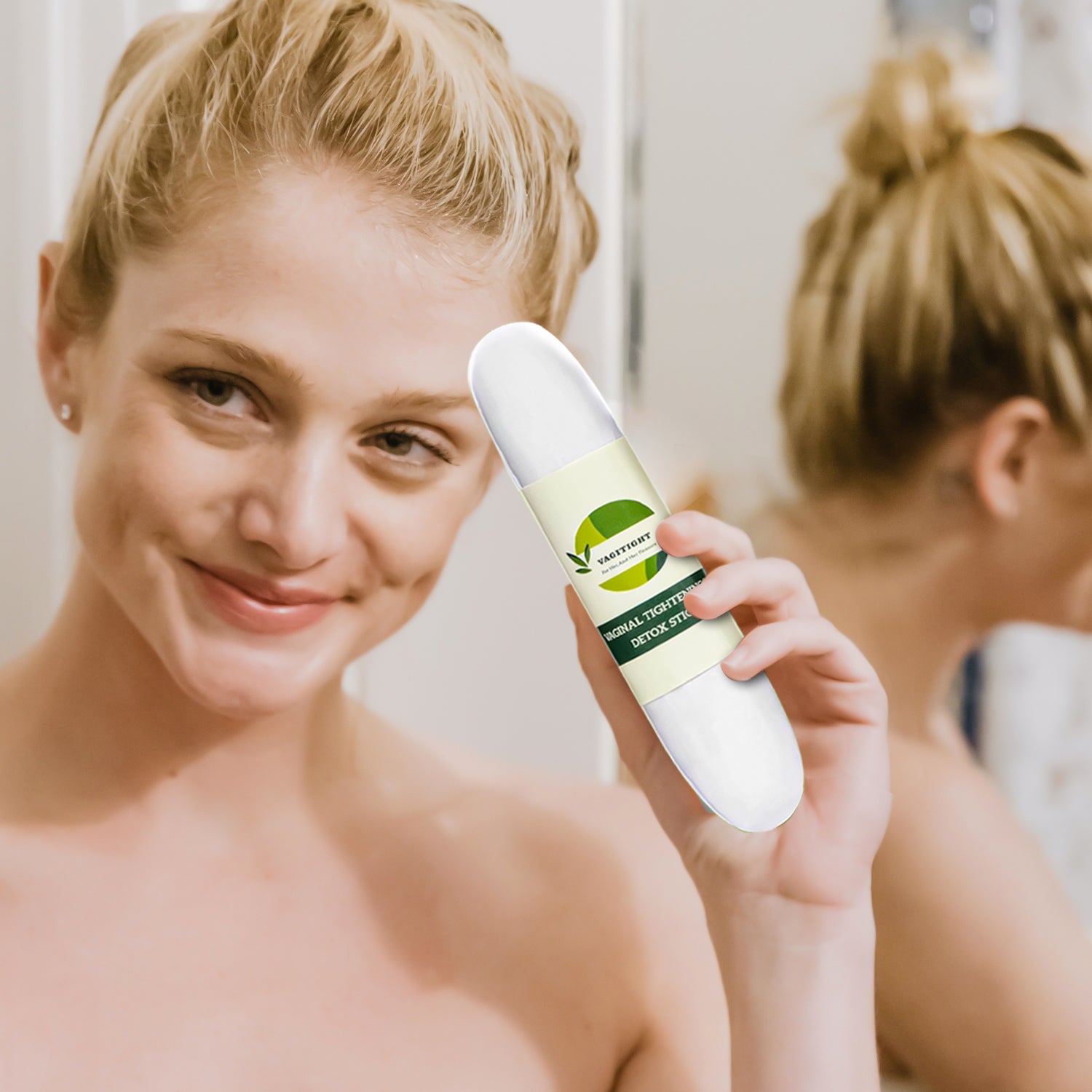Blog posts
View all-
The Science of Vagitight: How Manjakani Extract...
For centuries, deep in the traditional wellness practices of Southeast Asia, women have held a secret sourced from nature: a unique 'super-fruit' that grows on oak trees. This powerful ingredient,...
The Science of Vagitight: How Manjakani Extract...
For centuries, deep in the traditional wellness practices of Southeast Asia, women have held a secret sourced from nature: a unique 'super-fruit' that grows on oak trees. This powerful ingredient,...
-
The Ultimate Vagina Wellness Plan: 2025's Exper...
Meet Jessica. At 42, with a demanding career and two wonderful kids, she felt a subtle but persistent shift in her body. The connection to her own sensuality and confidence...
The Ultimate Vagina Wellness Plan: 2025's Exper...
Meet Jessica. At 42, with a demanding career and two wonderful kids, she felt a subtle but persistent shift in her body. The connection to her own sensuality and confidence...
-
The Ultimate Guide to Pelvic Floor Health & Vag...
Understanding and maintaining your pelvic floor health is one of the most powerful steps you can take for your overall wellness, confidence, and quality of life. This comprehensive guide provides...
The Ultimate Guide to Pelvic Floor Health & Vag...
Understanding and maintaining your pelvic floor health is one of the most powerful steps you can take for your overall wellness, confidence, and quality of life. This comprehensive guide provides...
Subscribe to our emails
Join our email list for exclusive offers and the latest news.







